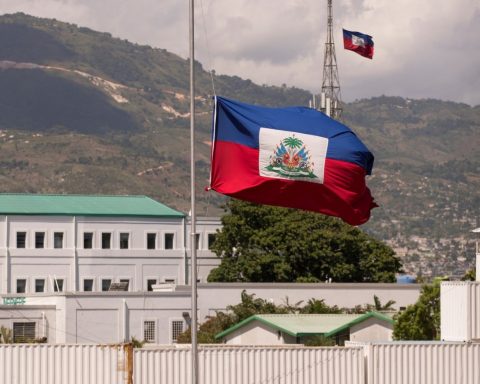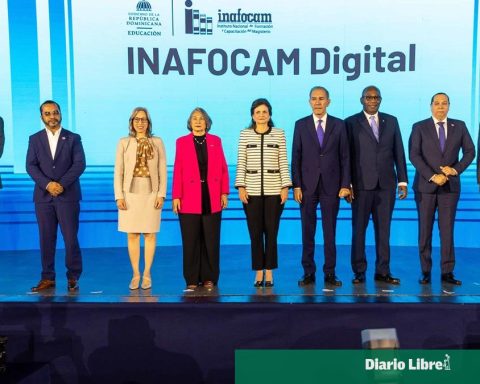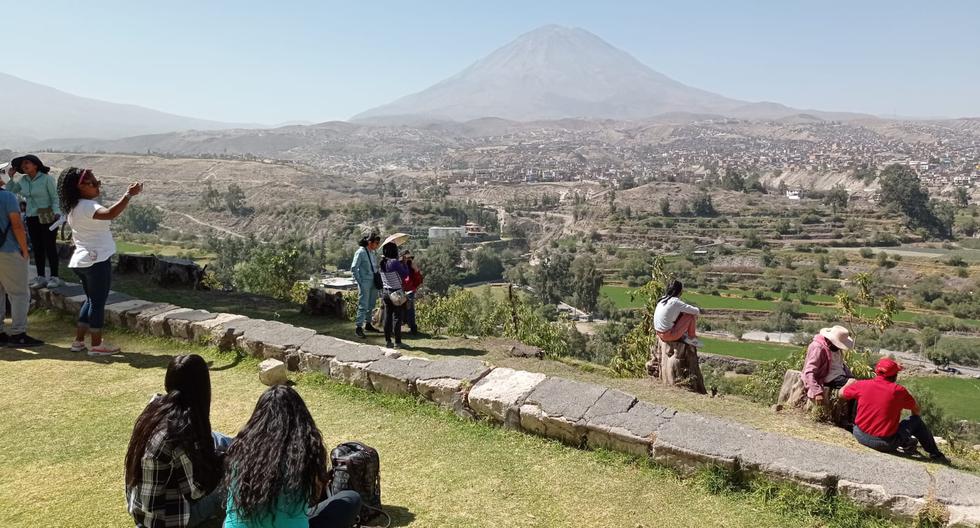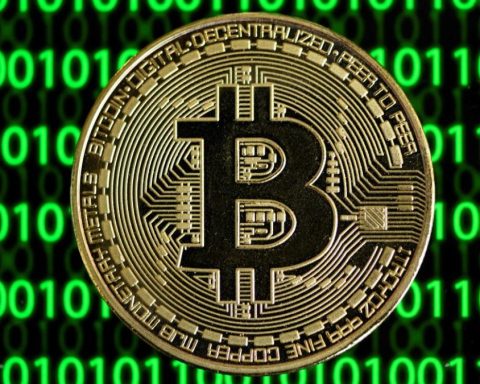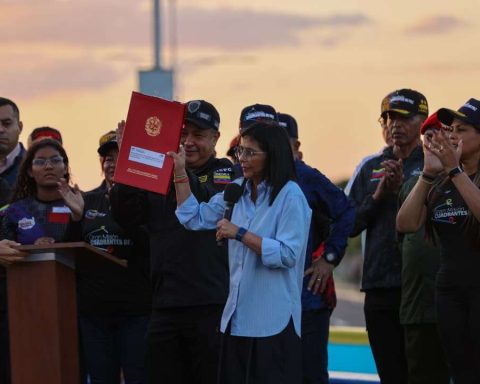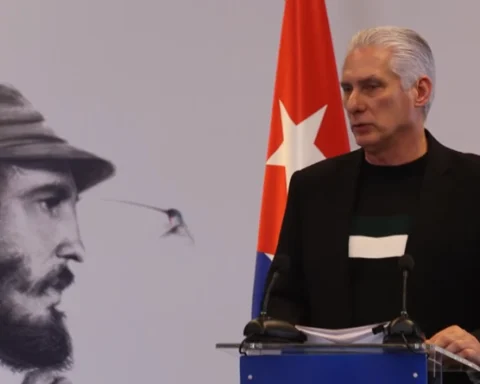Santo Domingo. – Money laundering implies economic and social consequences, risks to the reputation of the Dominican Republic, social costs, weakening of financial institutions and fiscal losses, warned specialists from the financial sector who spoke during a workshop for journalists, organized by the Association of Banks Multiple from the Dominican Republic (ABA).
One of the speakers, Línder Paulino, Division Manager of the PLAFT Program of Banco Popular, pointed out that, although the Dominican Republic is not on any international watch list, Haiti is on the Gray List of the Financial Action Task Force (FATF). ), accompanied by other places such as Jamaica and the Cayman Islands. He affirmed that this closeness is reason enough for international organizations to be attentive to the Dominican territory. He added that it also merits the continuation of the work of the State and as a society to detect and mitigate this crime in its different aspects.
Ramón González, president of the ABA Money Laundering Committee and Banesco executive, indicated that among the crimes that are subsidized with money laundering in its different forms are counterfeiting, drug trafficking and white slavery.
He pointed out that among these forms of crime, the complicity of officials, front companies, monetary instruments in cash, concealment of the final beneficiary, and “smurfing” stand out as the most common. He specified that the latter consists of a considerable amount of money being moved through different users in small amounts, to try to go unnoticed by the financial system.
In the workshop “Role of multiple banks in preventing money laundering”, he pointed out that all these practices are used by criminals to attack the system and economic growth, causing enormous losses to people and companies around the world. He pointed out that money laundering represents between 2 to 5% of the Gross Domestic Product (GDP) worldwide, that is, around 1.6 trillion dollars according to data from the United Nations Office on Drugs and Crime (UNODC). ).
For her part, Michelle Cruz, Vice President of Compliance at Banco BHD, assured that given that there are more and more threats that exist for people as a result of money laundering, it is imperative to constantly update in order to mitigate and reduce this crime. . In that order, she highlighted that the commercial bank, as an Obliged Subject, has a compliance structure, implements policies and procedures, and trains staff on a recurring basis to detect possible users suspected of this crime.
He indicated that, in the same way, the financial sector also implements indicators of measurement, effectiveness and review of controls of all its processes; provides risk-based training, establishes high suitability standards with its employees at all levels, and conducts external audits to review the effectiveness of the program.
In this sense, for Víctor Bautista, CEO of Media, the journalist’s investigative work is vital in order to prevent money laundering, pointing to his ability to question official sources, thanks to the fact that journalistic work can not only expose these illicit issues, but also dissuade public opinion about the seriousness of the problem.
Journalists from the country’s print, digital, television and radio media participated in the workshop “The role of multiple banks in preventing money laundering”, held at the Hotel Intercontinental Real.



